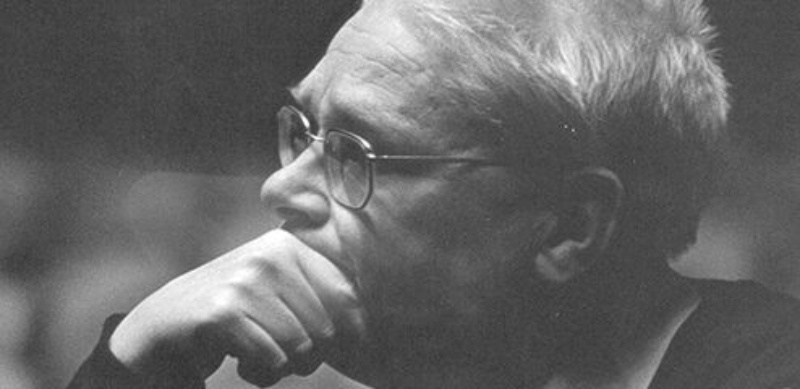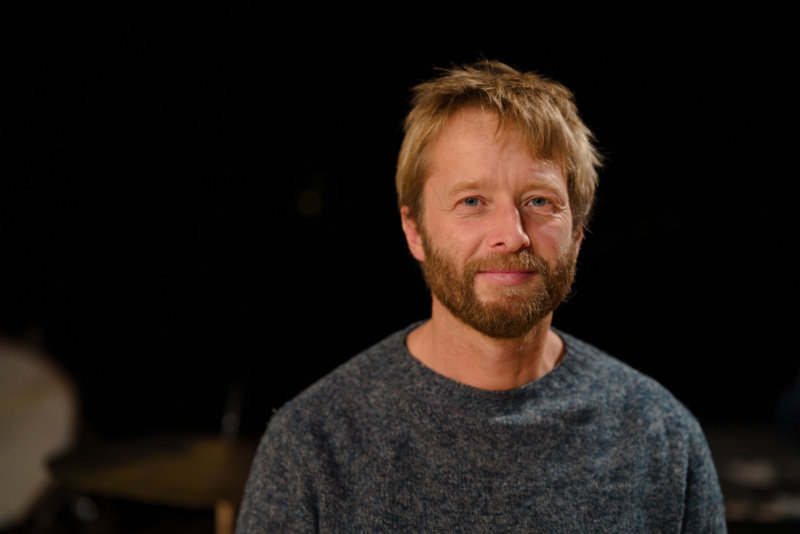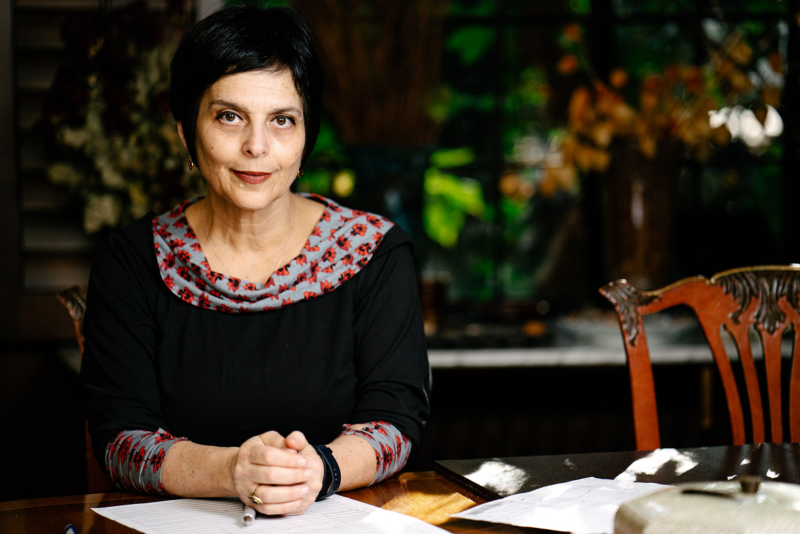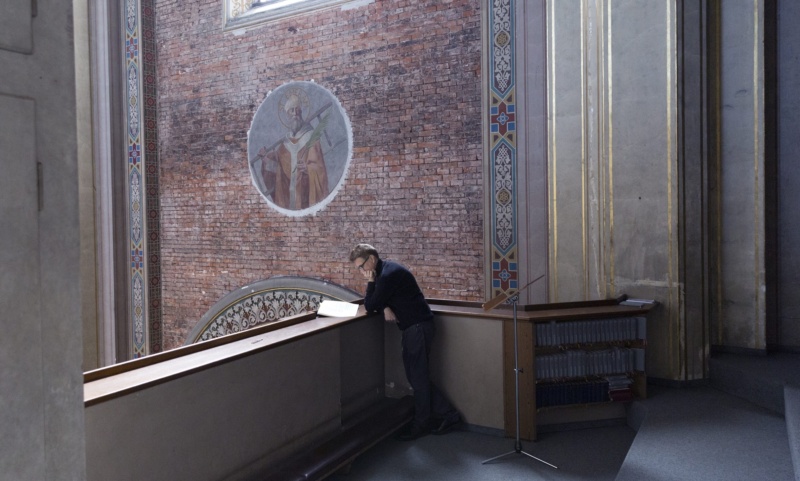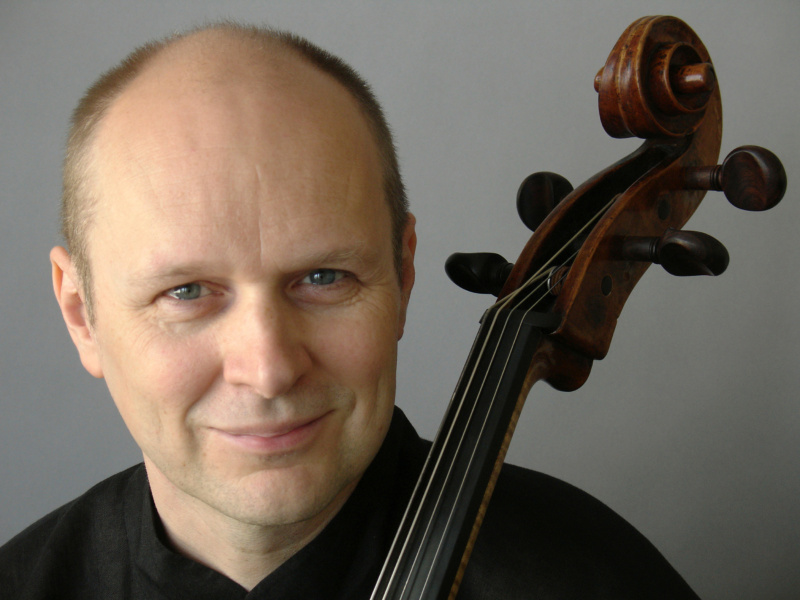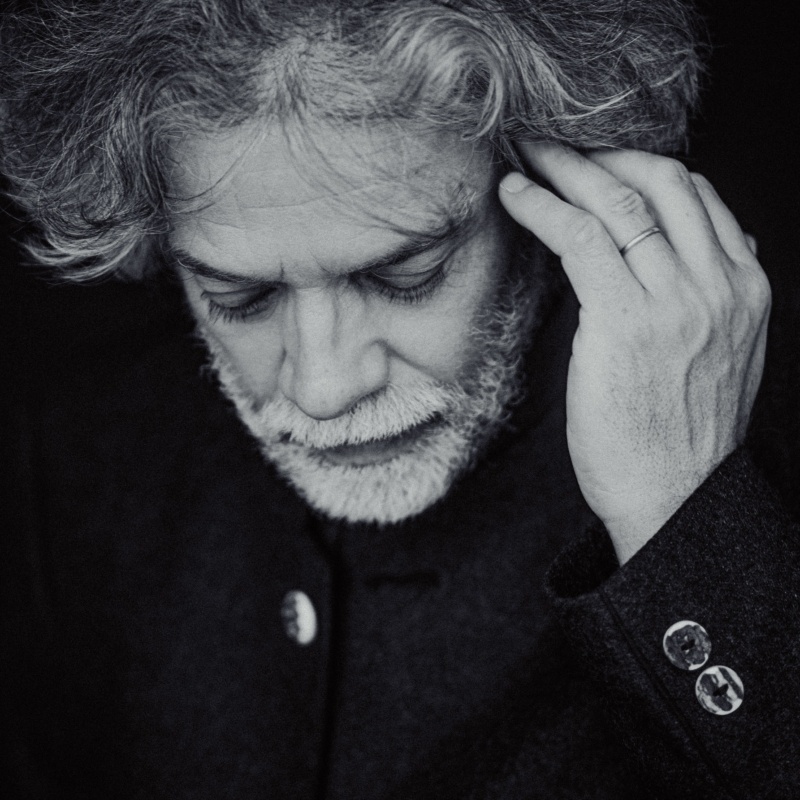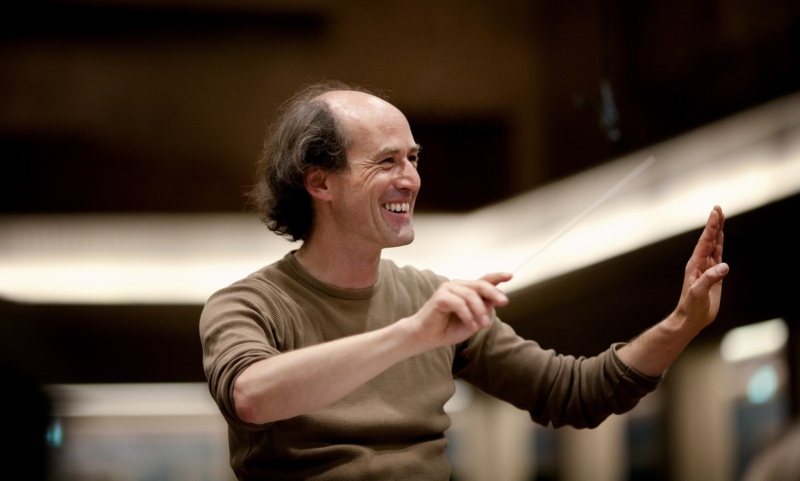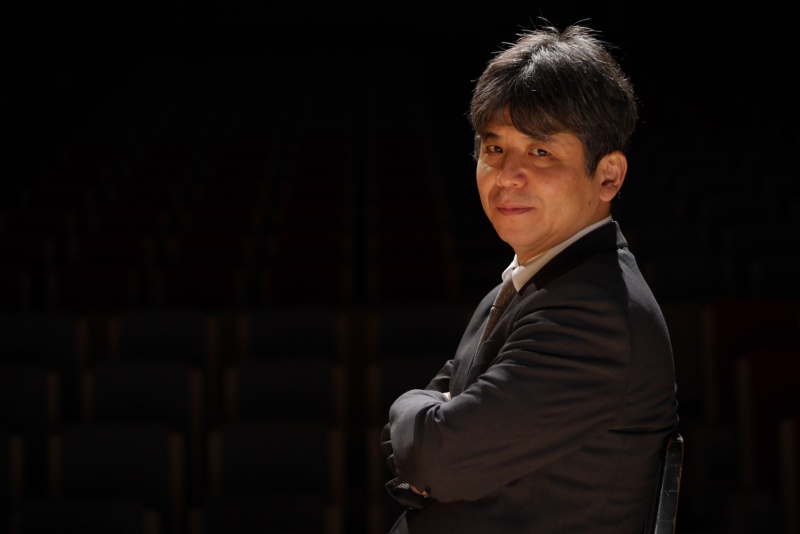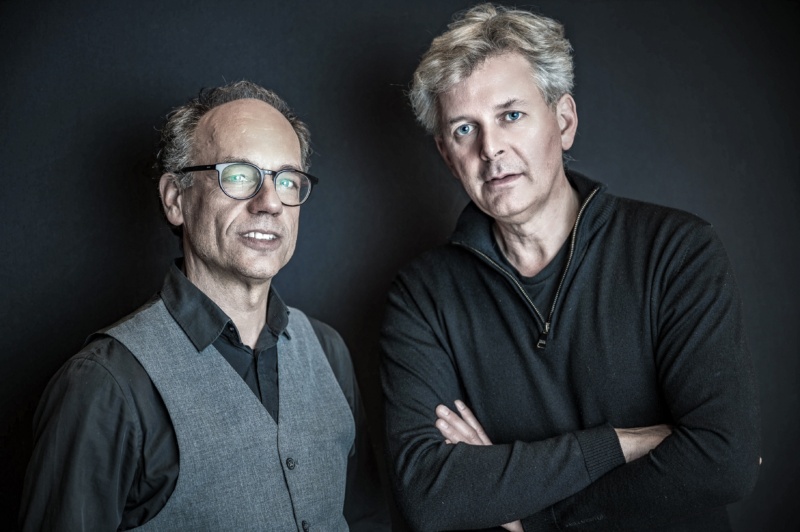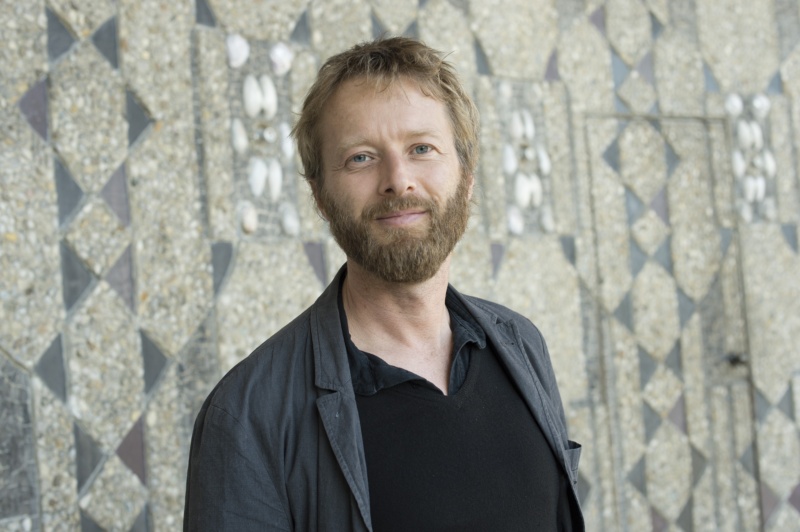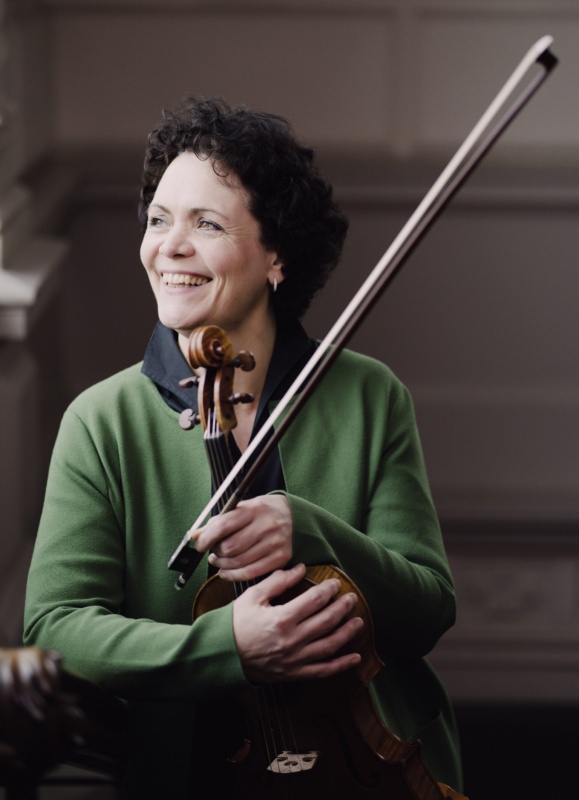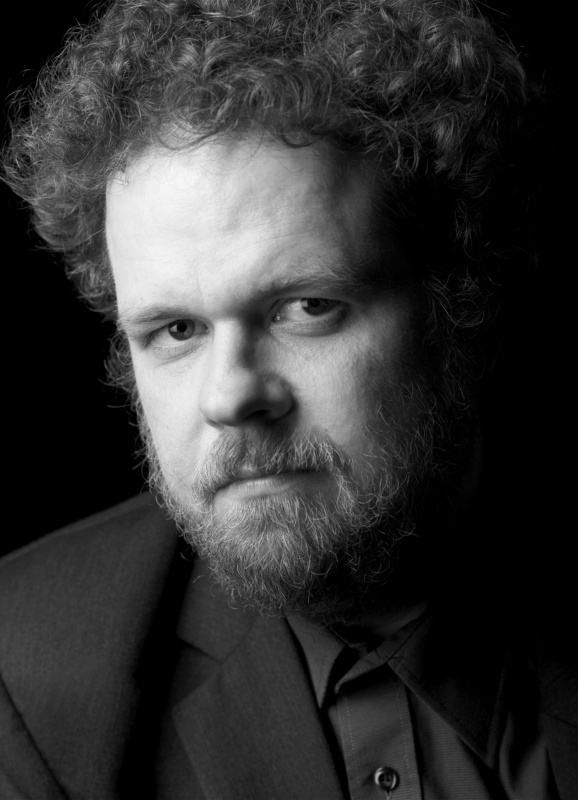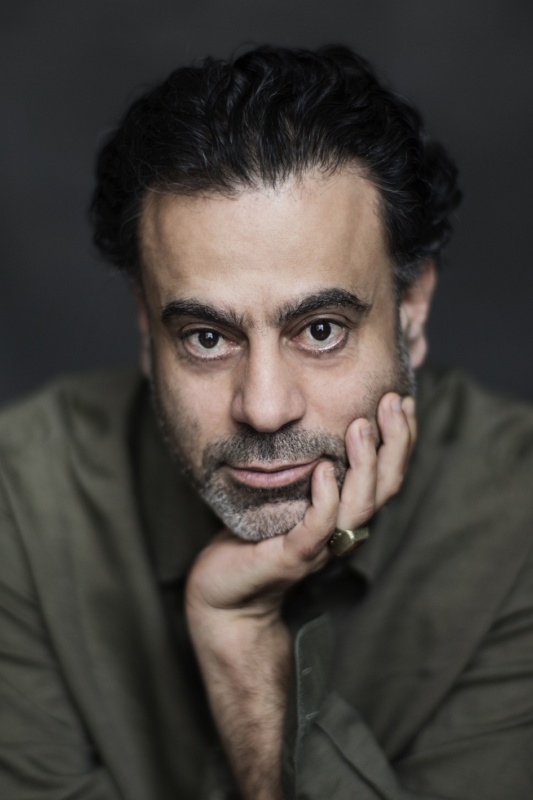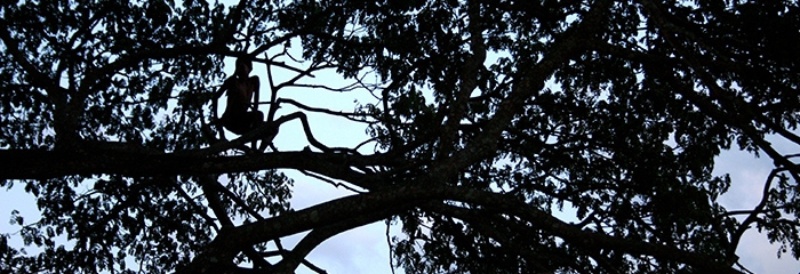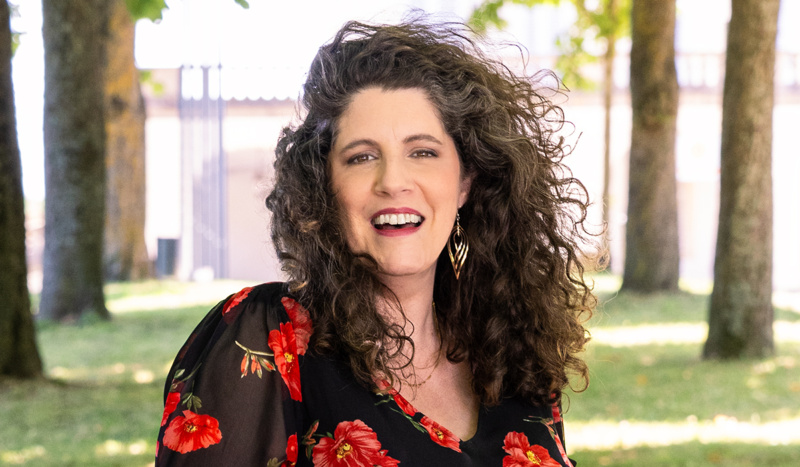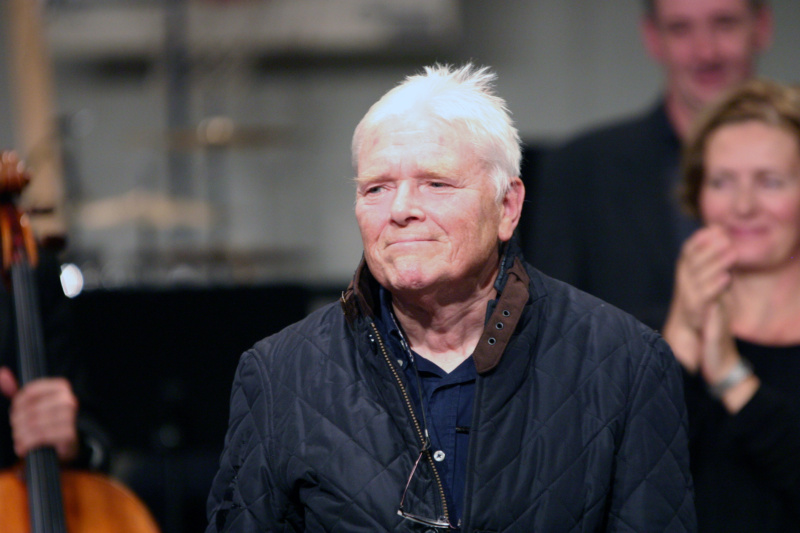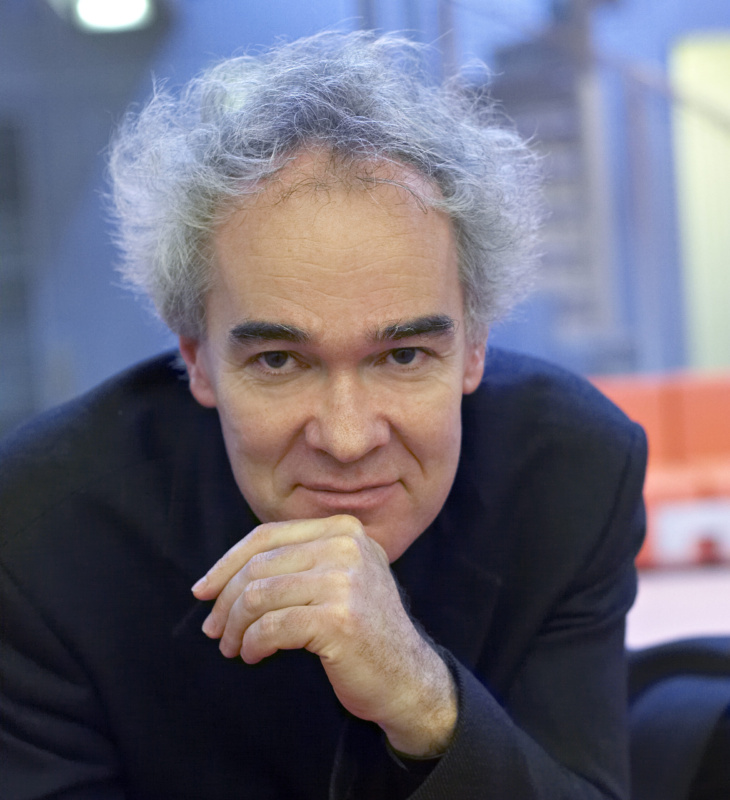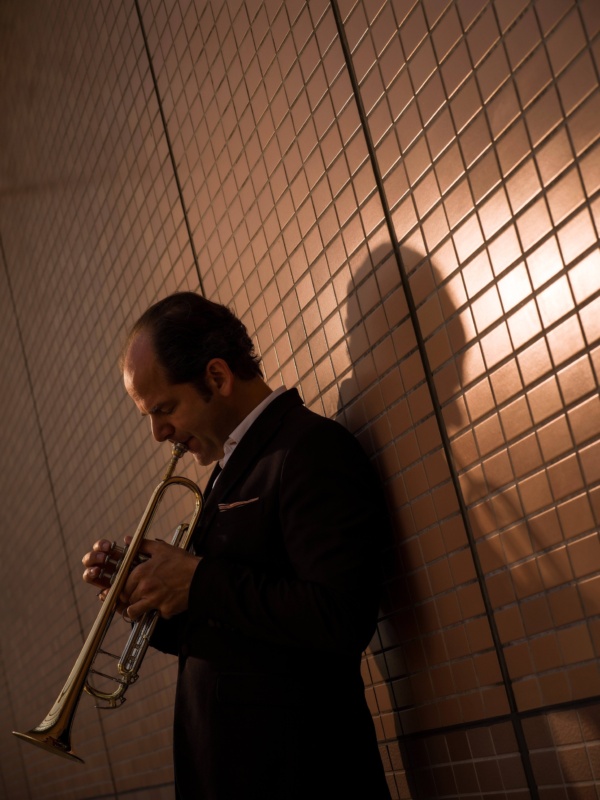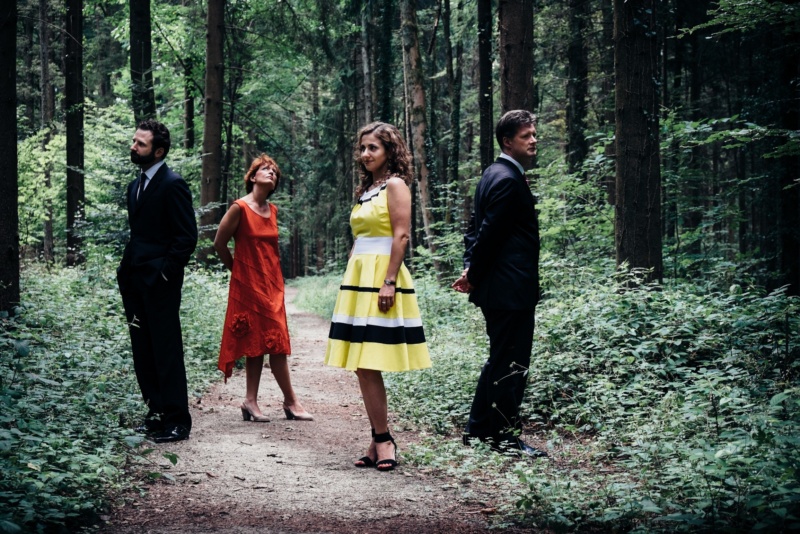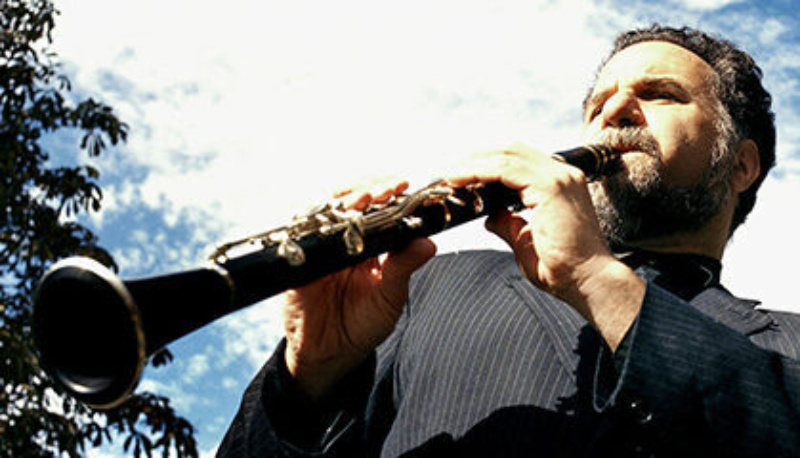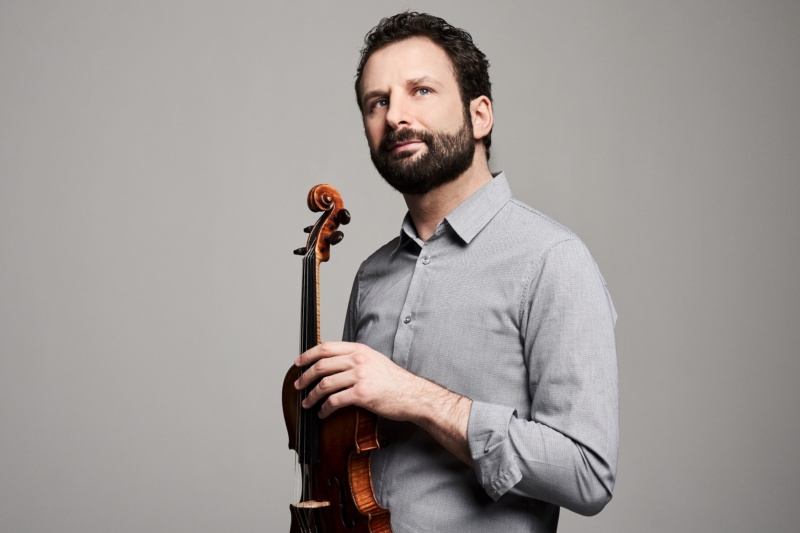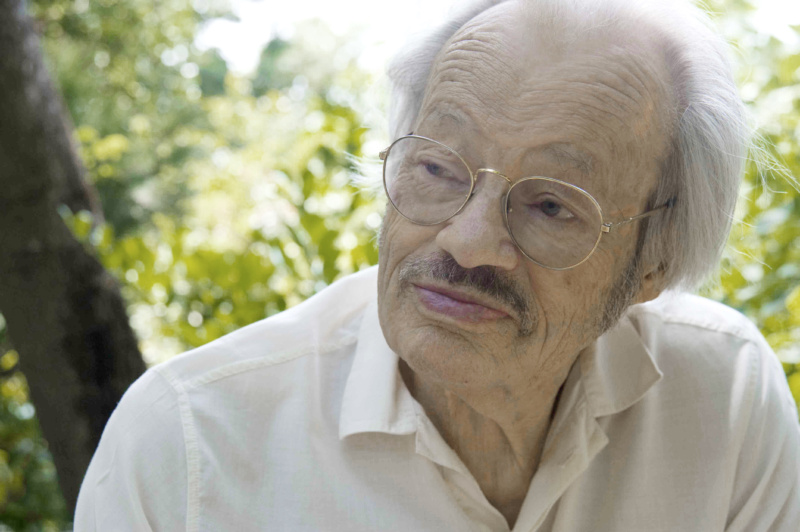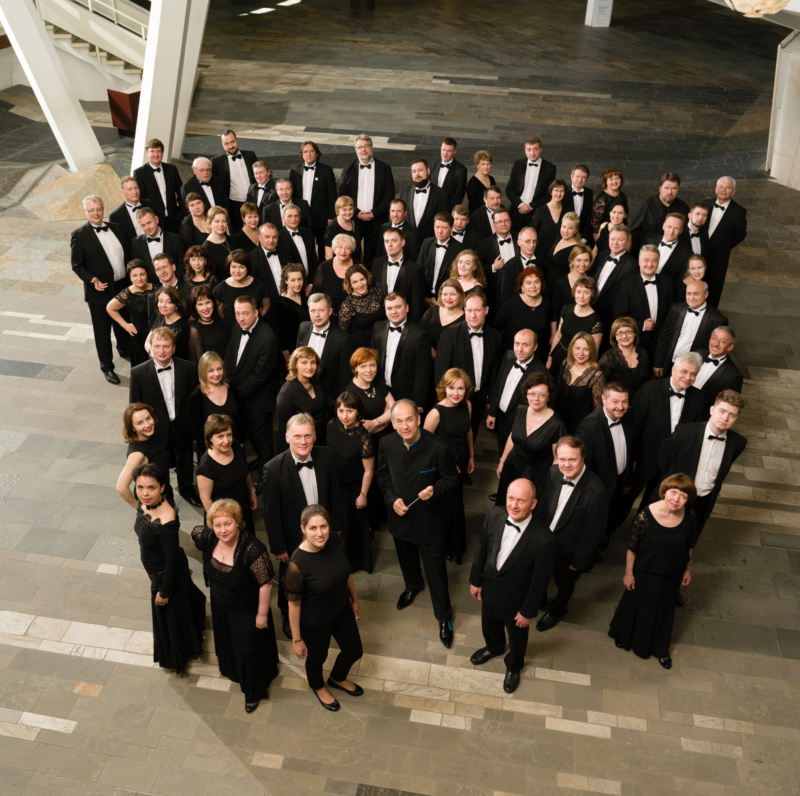The devastation brought about by the Thirty Years' War is almost unimaginable: entire regions were depopulated by acts of war as well as by famine and epidemics. For its new CD Abend-Andacht, the ensemble Paper Kite has focused on the impact of this catastrophe on the history of mentalities and illuminated it from various perspectives in text and music.
For example, the ensemble takes up Philipp Heinrich Erlebach's Gottgeheiligte Sing-Stunde from 1704.
Gottgeheiligte Sing-Stunde is the title of a song collection by Philipp Heinrich Erlebach dating from 1704 and reflecting the situation in church music in Protestant Germany after the Thirty Years‘ War.
At that time, the spiritual song was flourishing because an increasing number of compositions were created for the purpose of private prayer and familial singing practice. Thus, these songs can be seen as a symbol for privatisation of faith. Even though the German speaking territories had recovered in a remarkably way from the devastation of the war, the mournful psalms and songs sound the deep traumata of men caused by it.
These traumas are made even clearer by the Thirty Years War texts that the ensemble and speaker Thomas Dehler weave into the program: The diary of Abbot Maurus Friesenegger of Andechs and the notes of a simple mercenary. The psalm texts and poems that form the basis of the music, which was composed during the war, also speak of the constant presence of death in the lives of people in the 17th century. Overall, what emerges is a fascinating look at this dark time - and at the amazing human ability to still find something positive in all the misery.
ABEND-ANDACHT, Reflections on the 30 Years War in Poetry and Music
Paper Kite: Marie Heeschen, soprano; Antonio De Sarlo & Rafael Roth, violin; Guillermo Turina, cello; Felix Schönherr, organ; guests: Thomas Dehler, narrator; Sören Leupold, theorbo
Coviello Classics, COV 92012

